Season 1 | Season 2 | Season 3
Click transcript to read the trailer transcript.
Nate Bradford, Jr. and other Black farmers and ranchers are fighting to preserve a type of rural, Black agricultural life. But the past keeps blocking their future.
In the third season of The Heist, we follow Bradford’s fight to survive against the long, documented history of government discrimination against Black farmers.
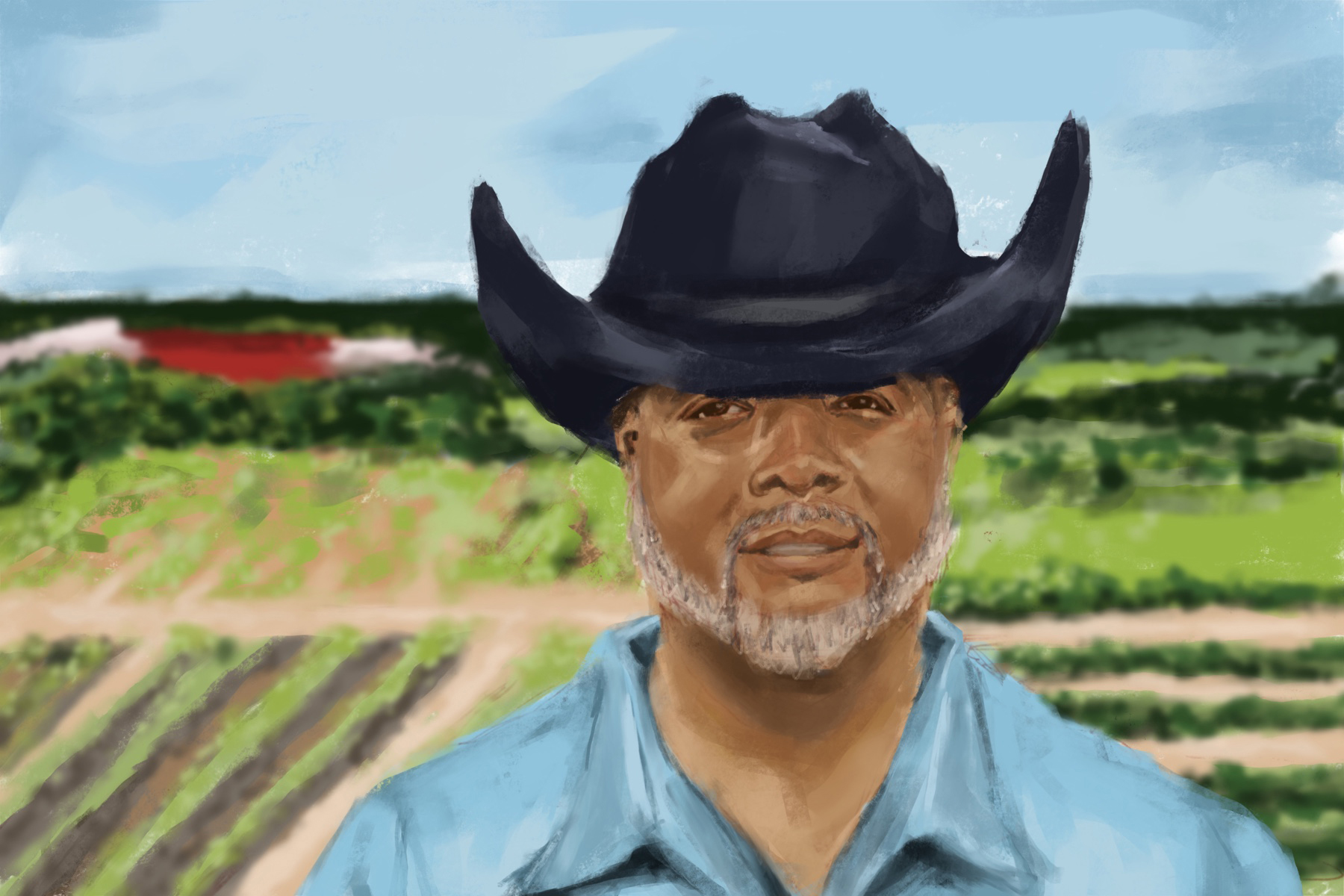
Episode 1
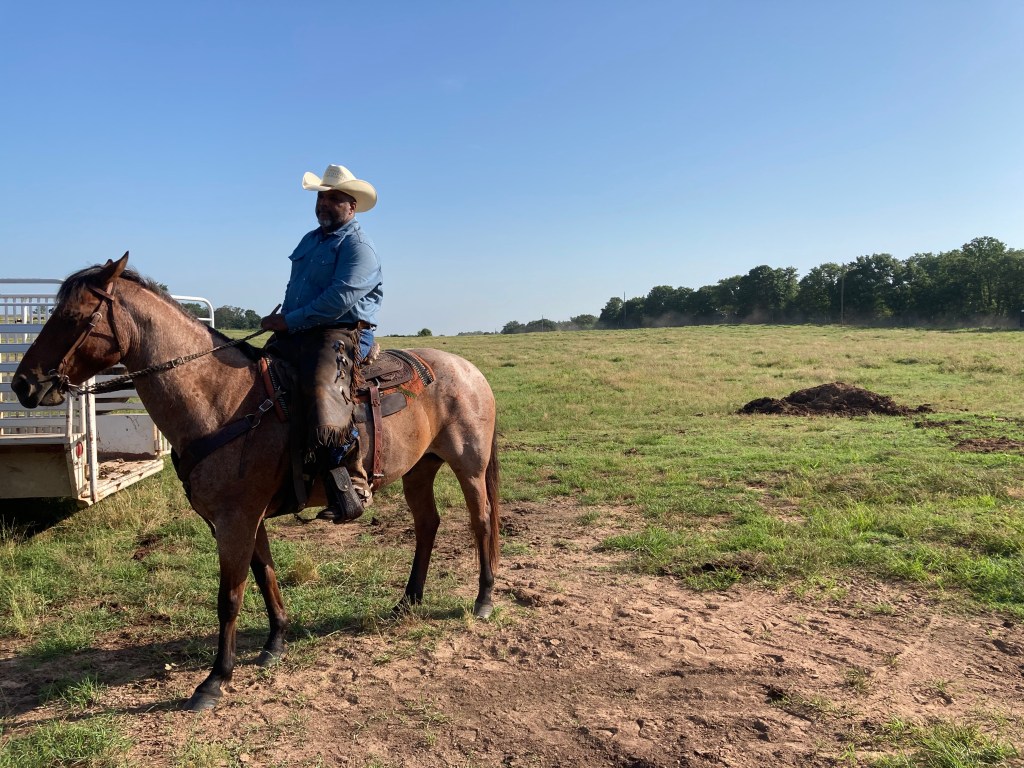
‘Black farmers and ranchers, it’s a dying deal.’
Black farmers and cattle ranchers are a dwindling lot, living on less land and carrying heavier financial burdens than white farmers. The USDA, once part of the problem, wants to turn things around.
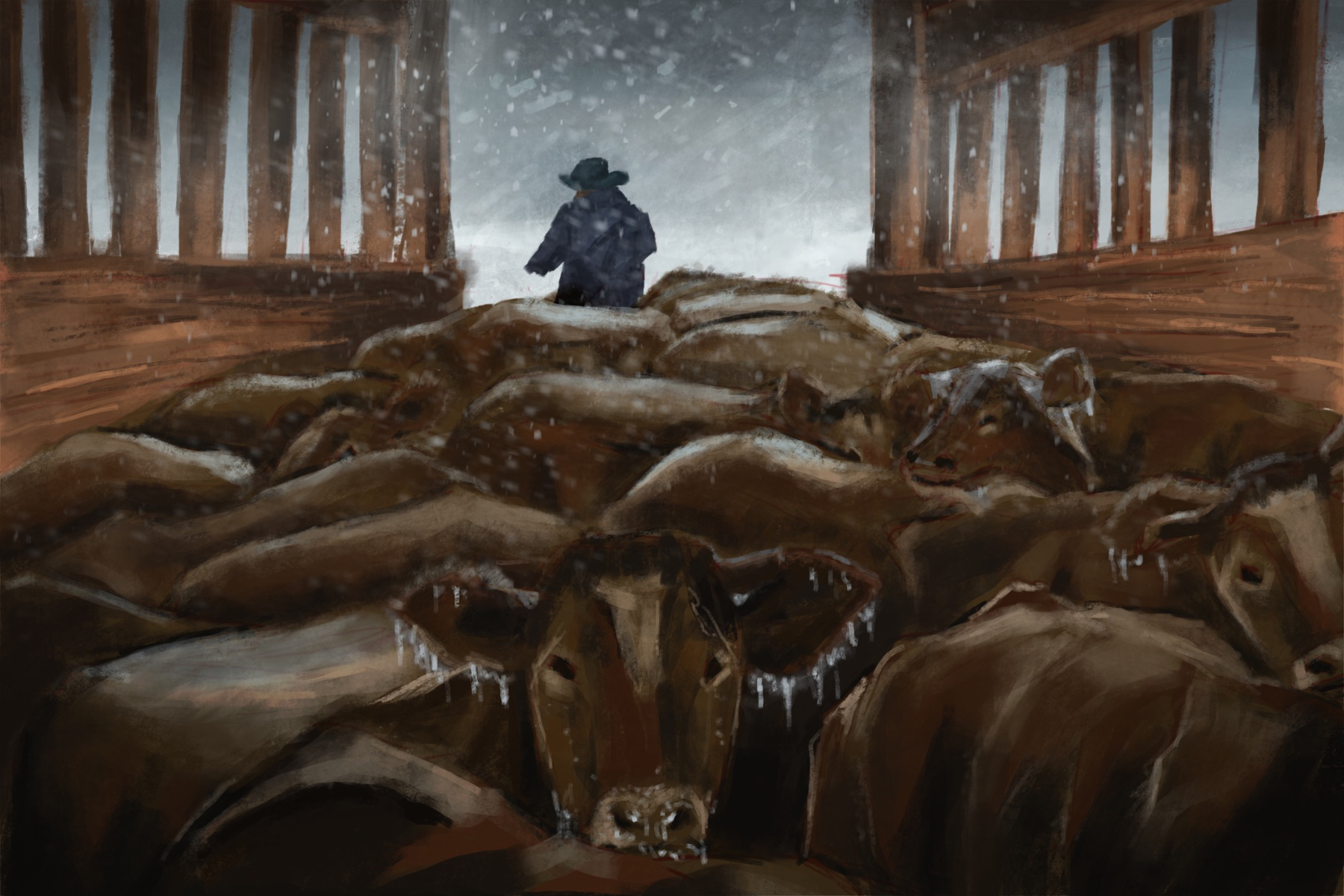
Episode 2
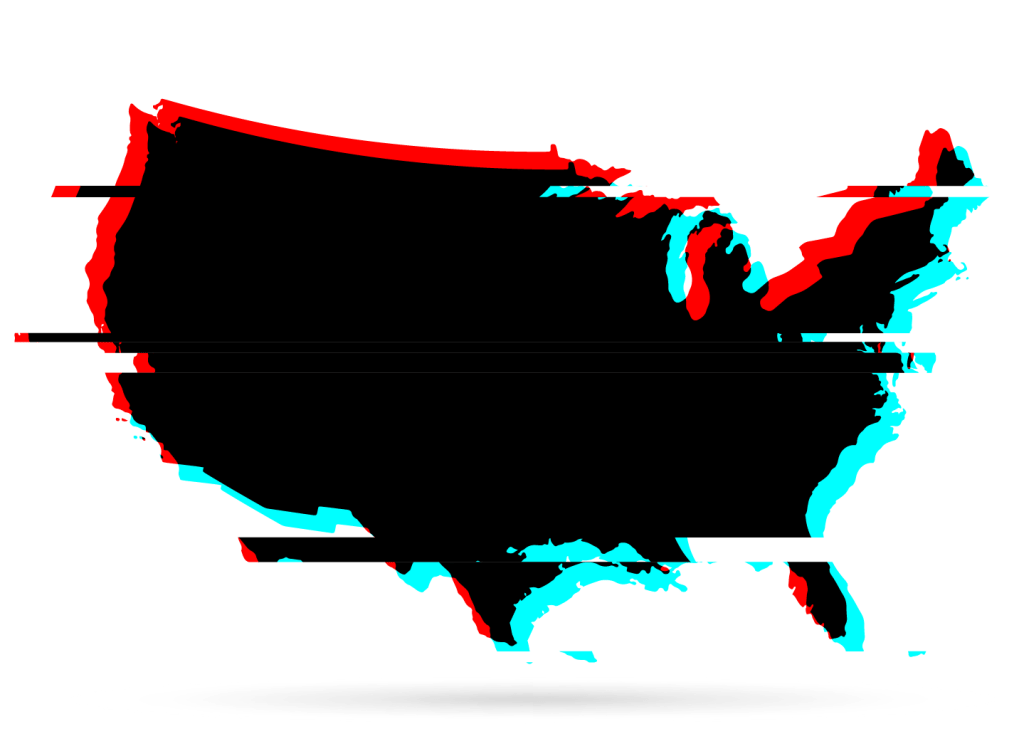
Why is accurate data about Black farmers so hard to get?
It can be hard to get reliable data on race, ethnicity and gender from the U.S. Department of Agriculture.
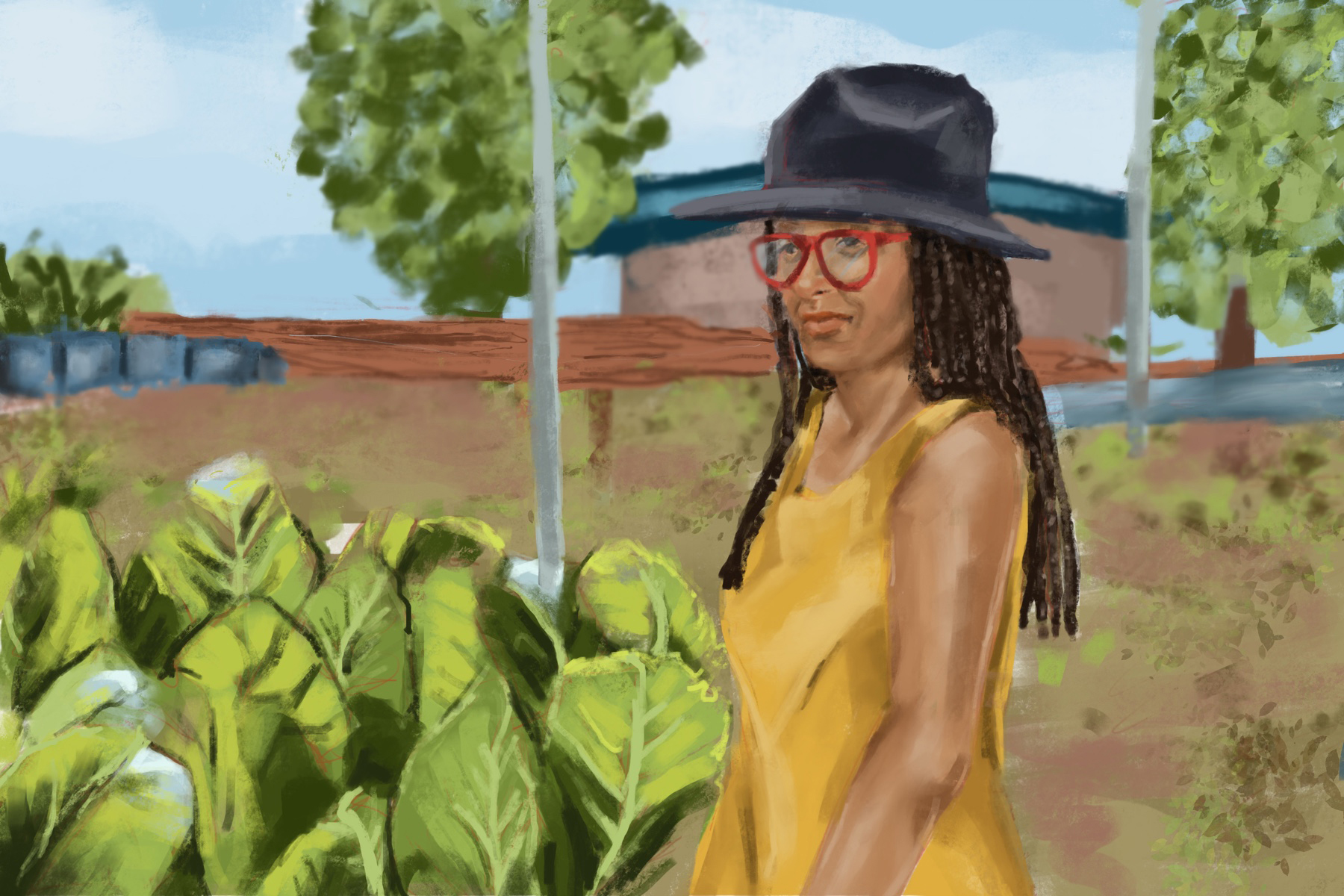
Episode 3
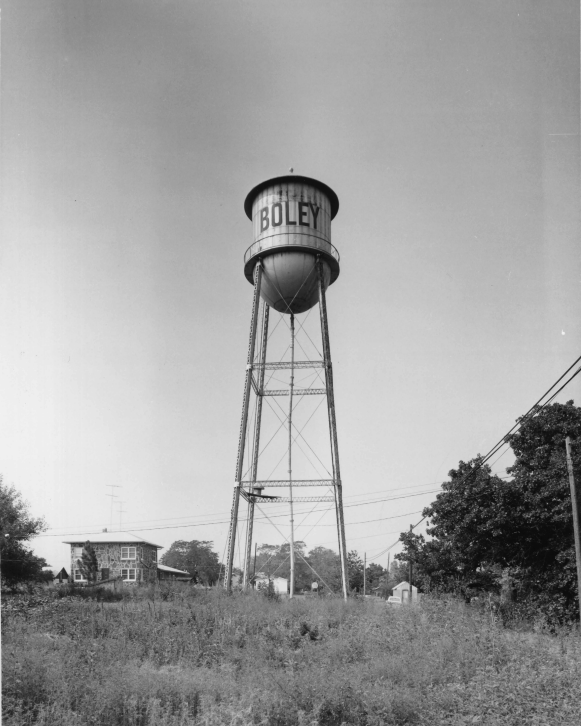
In Oklahoma’s Black Belt, land ownership and power built Black wealth
Black folks went West seeking economic independence. That meant land ownership. But racism undid what they built.
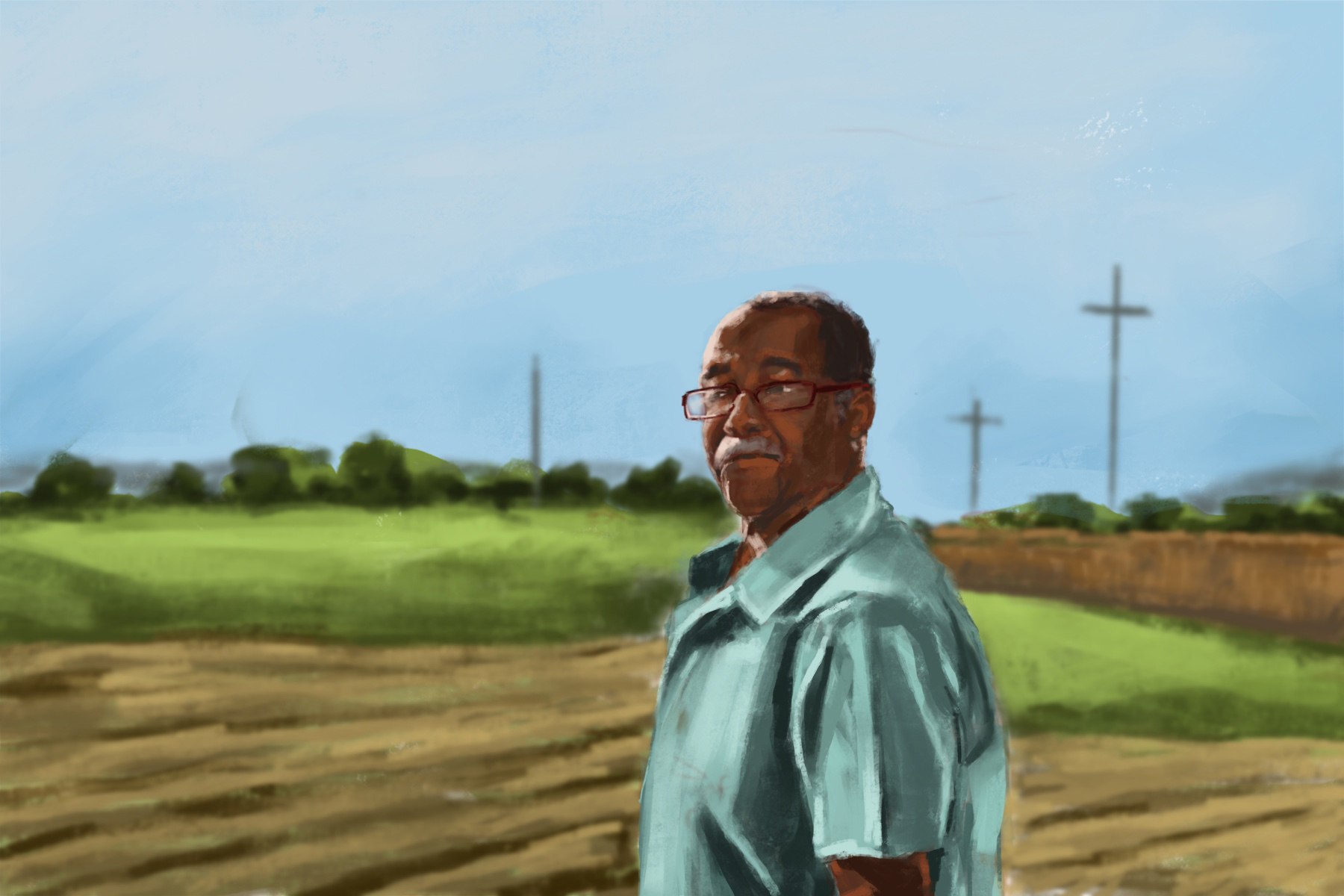
Episode 4
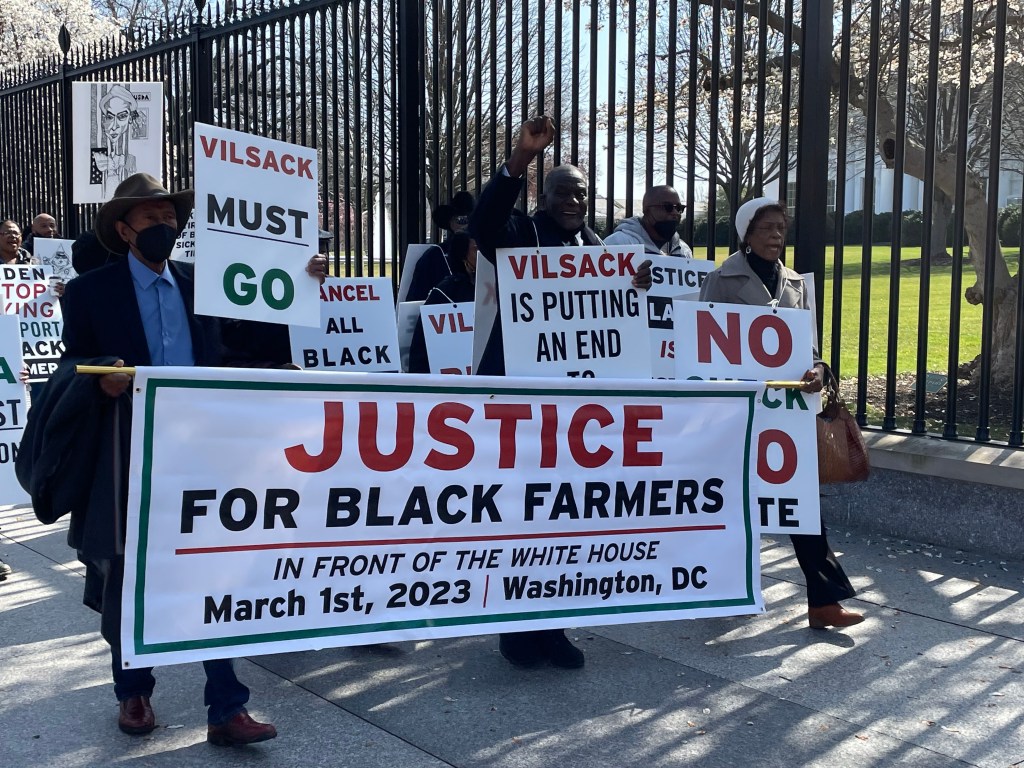
Can USDA’s efforts on equity help Black farmers overcome ‘toxic debt’?
New programs in the Inflation Reduction Act of 2022 that do not rely solely on racial identification expected to help farmers get out from under their USDA debt.
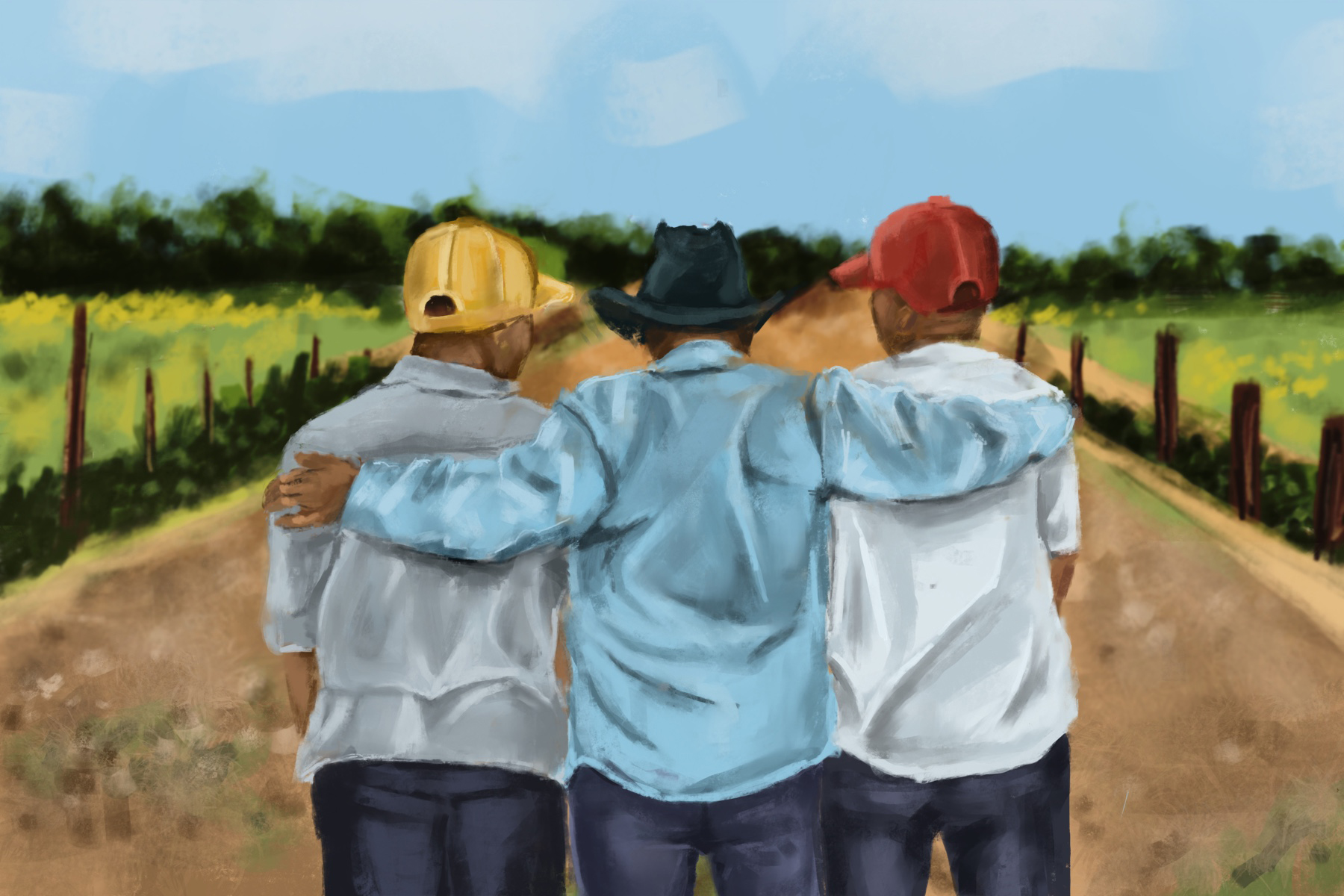
Episode 5
Coming October 31
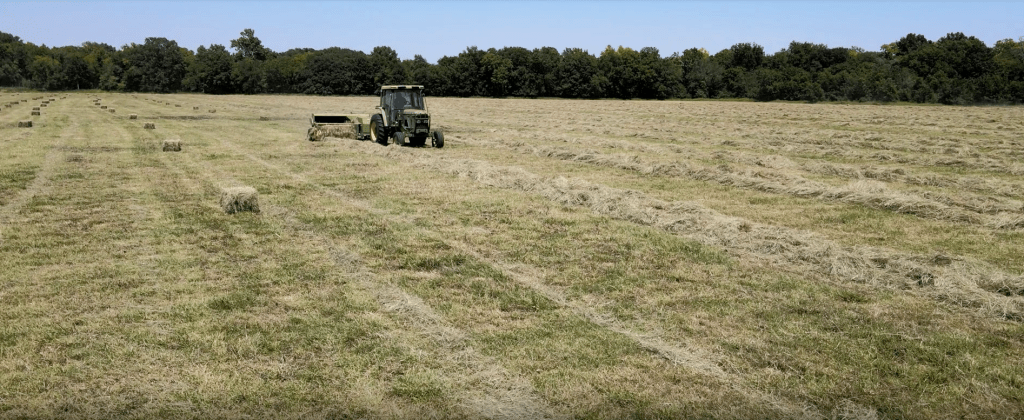
New USDA data shows declining loan delinquency rates
Black and Hispanic farmers saw the biggest improvements, but the reasons why aren’t clear.
PODCAST EXTRAS
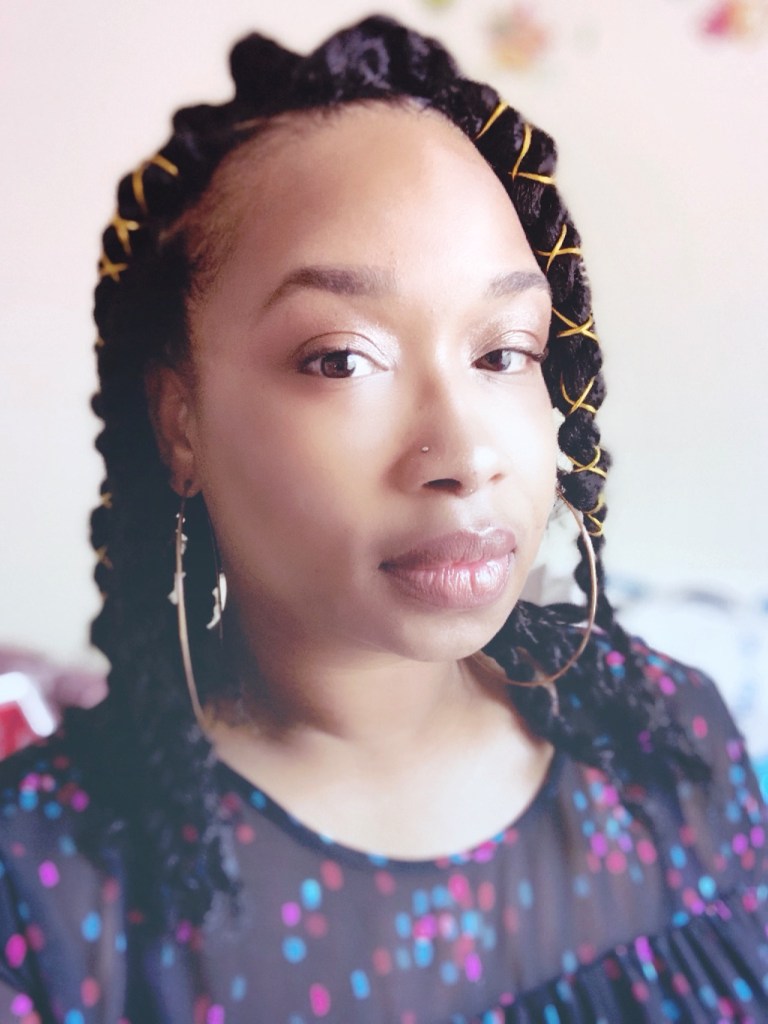
How illustrations for a podcast about Black farmers came to life
Artist Amanda Howell Whitehurst on how she translated each episode of The Heist: Land of Broken Promises into striking images.
Want more of The Heist?
Get behind-the-scenes info and alerts when new episodes become available.
Use the unsubscribe link in those emails to opt out at any time.
Season 3 Credits
- Host/reporter: April Simpson
- Senior Producer: Camille Peterson
- Producer: Kiarra Powell
- Executive producers: Gretta Cohn and Dan O’Donnell
- Managing producer: Wilson Sayre
- Editors: Sara Nics, Mc Nelly Torres, Jamie Smith Hopkins, Matt DeRienzo, Jane Sasseen
- Contributing Editor: Keishel Williams
- Mix engineer: Louis@StoryYard
- Data Reporter: Joe Yerardi
- Audience engagement: Lisa Yanick Litwiller, Ashley Clarke, Vanessa Lee, Charlie Dodge, Katherine Hapgood
- Design: Janeen Jones
- Fact checking: Peter Newbatt Smith
- Illustrations: Amanda Howell Whitehurst
This podcast was produced in partnership with the McGraw Center for Business Journalism at the Craig Newmark Graduate School of Journalism at the City University of New York.
Special thanks to Rural Advancement Foundation International USA.
